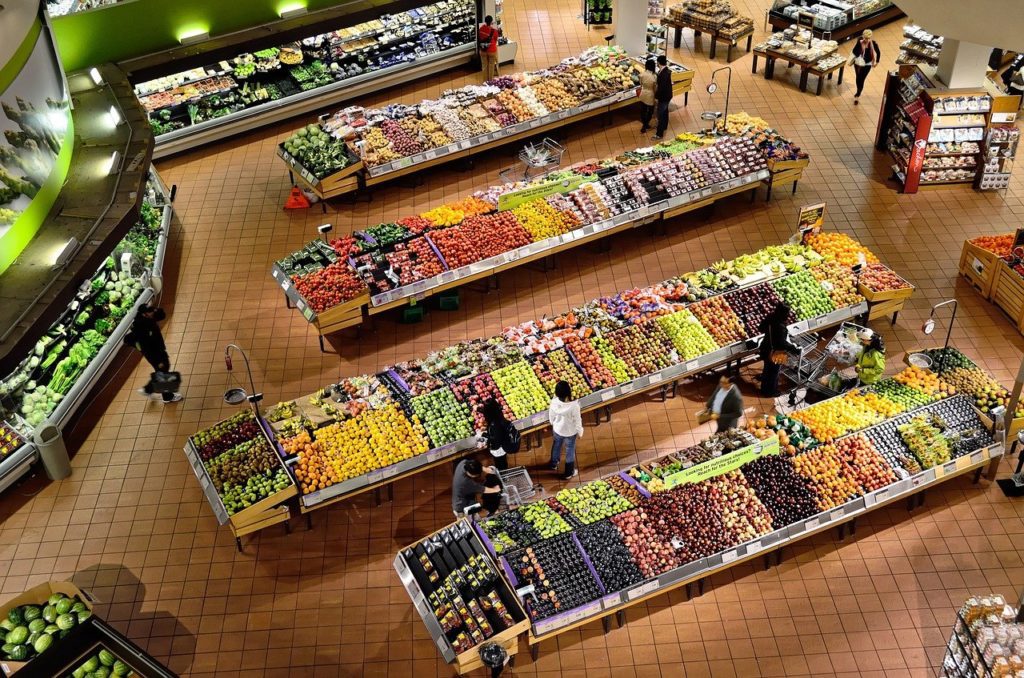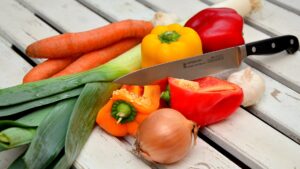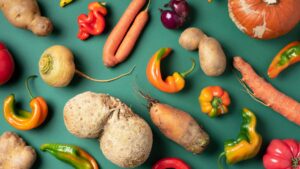Ugly produce is taking the United States by storm with its goal to reduce food waste nationally.
Have you ever heard of “ugly” produce? It’s a new phenomenon taking the consumer by storm.
Think about all the produce that you see in the grocery. It’s all pretty uniform, minus the occasional size difference between a few zucchinis. But now, think about to some of your own garden experiments. I bet you’ve occasionally picked a tomato with a large growth on it, or a carrot that looked like it has legs.
This “imperfect” produce doesn’t usually make it into supermarkets due to standards for size, shape and color. Because of this, 33% of food that’s grown is either unharvested or left behind in fields because of the suspicion that it might not meet the cosmetic standards of consumers.
That’s where companies like Imperfect Foods step in.
Founded in 2015, Imperfect Foods is a subscription service that delivers produce to consumers doors for up to a 30% discount compared to grocery store prices. How can they manage that? They send you produce that doesn’t meet supermarket standards.
“Grocery stores have unmandated standards for size, shape and color that prevent buyers from purchasing certain product from their farmers,” says Reilly Brock, content manager for Imperfect Foods. “These imperfections are often small quirks in appearance and do not impact the flavor or health benefits.”
That means all those oddly shaped tomatoes, carrots that look like legs and eggplants with large growths on them wouldn’t be chucked out of the grocery store. Instead, they’d end up in a box on your doorstep, ready to be cooked with without downsides.
Imperfect’s goal was founded on one value: reducing food waste across the United States, whether that’s in the field, in the grocery or at home. They’re delivering groceries on a mission.
“Forty percent of all food in the United States goes uneaten,” Brock says, adding that there’s a lot of standards and regulations that make produce unable to reach the grocery store. Imperfect was started to solve this major issue and create a more economically viable food system for farmers, growers and food purveyors.”
“When not directly thrown out, the produce could be tilled back into the field or sold to processors or animal feed producers for very little,” Brock says. “Now, instead of writing it off as a loss, growers can choose to sell it to Imperfect, knowing that it will go on to feed people. This helps growers sell more of what they planted while feeding more people with less waste and lets Imperfect pass on savings to their customers.”
Despite the fact that some “ugly” produce bins are appearing in grocery stores across the United States, Imperfect still believes that the best way to get this produce to their customers is directly to their door, instead of marketing to supermarkets.
“Grocery stores are one of the main reasons imperfect fruits and vegetables need rescuing,” Brock says. “Though we’re excited to see more ‘ugly produce’ bins emerging, we’ve found that bringing the produce directly to consumers is a stronger way to promote change.”
And so far, change they have found. To date, Imperfect has saved 80 million pounds of food, 1.2 billion gallons of water and 110 million pounds of carbon dioxide, according to Brock.
“As we grow to expand to new markets, those numbers will continue to rise as we redirect rescued and surplus foods back to consumers,” he says. “For us, the farther we expand our reach, the greater impact we can have on restructuring our broken food system and bring affordable, quality produce into new areas.”













